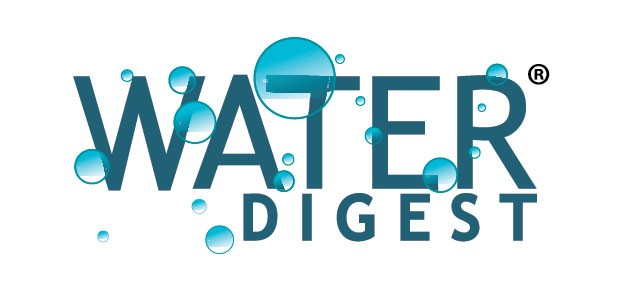Scientists have selected Crawford Lake in Canada to mark the start of the Anthropocene, our new human-dominated epoch. By scattering nitrogen from fertilizers, ash from coal, and plutonium isotopes from nuclear weapons, humans have made a lasting imprint on the geologic record. But before declaring a new age, the Anthropocene, has begun. The International Union of Geological Sciences has to name a single site that will exemplify humanity’s profound impact on the Earth.
What is Anthropocene? The Anthropocene is a proposed geological epoch dating from the commencement of significant human imapct on Earth’s geology and ecosystems, including, but not limited to anthropogenic climate change derived from the Greek terms for human and new. This epoch started sometime between 1950 and 1954.
Crawford Lake was one of nine finalists, among them a peat bog in Poland, a swath of seafloor in the Baltic, a water-filled volcanic crater in China, and a coral reef in the Gulf of Mexico.
As the winner, Crawford Lake will be marked with a golden spike.
While the lake may appear serene and undisturbed, the sediments beneath its waters hold the remains of indigenous settlements, European colonies, logging, farming, burning fossil fuels, and testing nuclear weapons.
The sediments found at the bottom of Crawford Lake provide an exquisite record of recent environmental change over the last millennia. It is this ability to precisely record and store this information as a geological archive that can be matched to historical global environmental changes which makes sites such as Crawford Lake so important.
Source & image courtesy: https://bit.ly/46EZGNT













